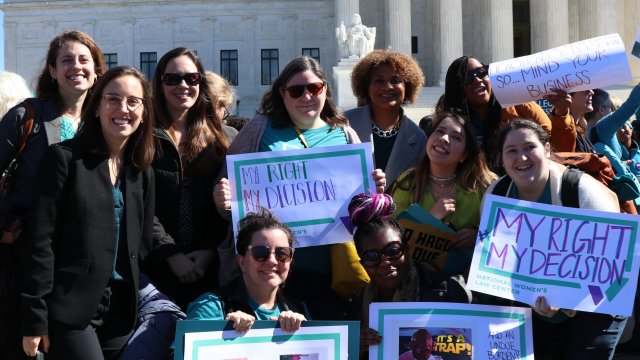Cyberstalking - The unwanted pursuit, harassment, or contact of others using electronics.
Doxing - The public release of private and sensitive personal information about someone without their permission.
Hate Speech - The use of harmful language that encourages violence toward a person or a group of people based on an identifying feature, such as their religion, gender, ethnicity, disability or other identity factor.
Image-based abuse
- Non-consensual Intimate Image (NCII) Sharing - The sharing of someone’s sexual images without their permission. This is also referred to as ‘revenge porn’, although this terminology does not accurately capture this type of harm or survivors' experiences with NCII.
- Sextortion - Blackmailing, demanding, or coercing someone to share sexual images and videos or threatening to release sexual images in exchange for something else.
- Deepfake - Using Artificial Intelligence (AI) or photoshop to create images or videos that use the face, voice, or other recognizable features of another person from another (usually unrelated) video or image, that falsely appear real, often with sexual content including nude images.
Impersonation - The creation of fake online accounts or fake content to spread false information and damage the reputation of the person they are pretending to be.
Internet-based sex trafficking - The use of online platforms by sex traffickers to exploit victims and connect with buyers.
Monitoring and surveillance - Using technology to control someone’s behavior by tracking their location, taking pictures, eavesdropping, and gaining access to their email, social media, or other online accounts. This can also include monitoring someone’s personal health information, like their period, by apps or other tech.
Online Sexual Harassment - The use of a variety of unwanted digital communication, which can involve a brief incident, such as a single targeted racist or sexist comment or a long-term organized attack.
Sexting - The act of electronically sending or receiving sexually explicit photos, texts, or video messages.
Sexploitation - The commercial exploitation of sex or sexual exploitation material in the media.
Voyeurism - A person sneakily taking photos or recording a video of another person for a sexual purpose.
Sources:
Dictionary.com Sexting Definition. (n.d.)
Dunn, S. (2020). Technology-Facilitated Gender-Based Violence: An Overview. Supporting a Safer Internet Paper No 1, Waterloo: Center for International Governance Innovation (CIGI).
Federal Bureau of Investigation. Sextortion Overview. (n.d.)
Sex Trafficking: Online Platforms and Federal Prosecutions. GAO-21-385 Publicly Released: Jun 21, 2021.
Technology and Sexual Assault (2017). Safety Net Project Technology Safety.








